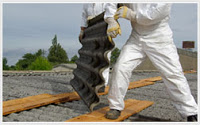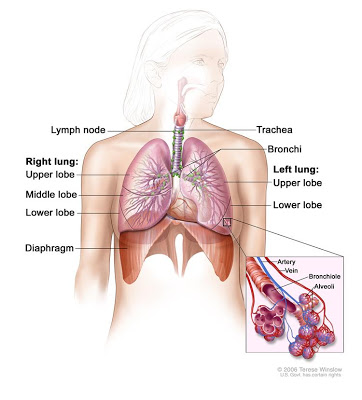
Unfortunately, many auto mechanics are unaware of the risk of asbestos-containing products in automobile parts until the diagnosis of mesothelioma or an asbestos related cancer. The harmful effects of asbestos exposure began to gain national attention in the mid 1970’s because of mesothelioma and other asbestos-related diseases. As a result, government agencies began to warn and protect workers with the use of protective gear.
Even though asbestos regulation began almost thirty years ago, auto mechanics are still at risk for asbestos exposure. Mesothelioma is directly related to asbestos exposure. Asbestos-containing materials can still be found in a variety of products in automobiles. Auto mechanics and asbestos exposure can occur when replacing or repairing – brake linings, clutches and clutch facings, clutch gaskets, heat seals, valve rings and packing and hoodliners.
One study completed by a government-certified laboratory on behalf of and reported by the Seattle Post-Intelligencer indicated that more than two-thirds of automotive garages had dangerous levels of asbestos dust. These “alarmingly high” levels of asbestos dust place auto mechanics at risk for mesothelioma or other asbestos-related diseases. As such, auto mechanics should advise their physician of their likely asbestos exposure and seek routine exams to check for asbestos-related diseases.
 Asbestos & Mesothelioma Law Blog
Asbestos & Mesothelioma Law Blog







